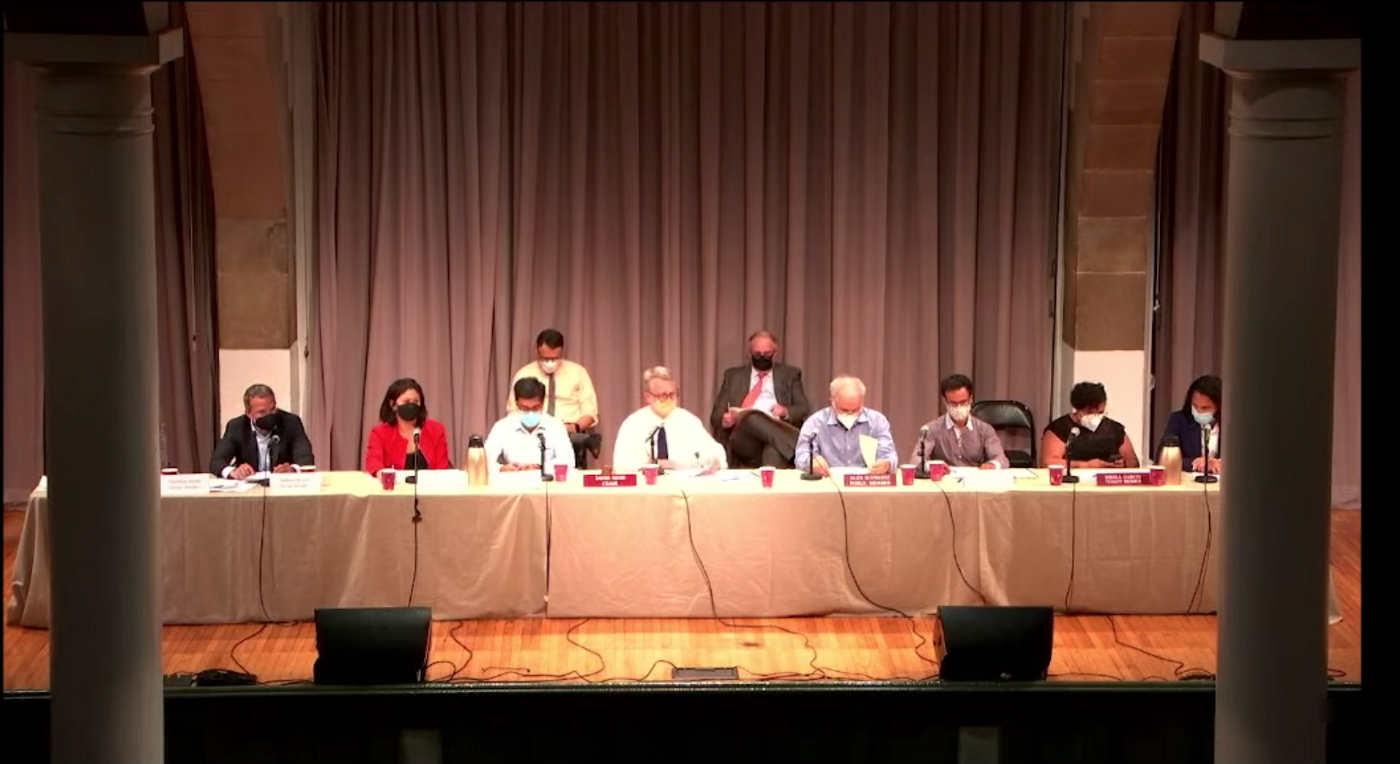Florida Governor Ron DeSantis signed an expansion of the state’s school voucher program this week, making it the fourth state in the nation to move towards universal school choice. It’s an underreported story of our time, but we are in the midst of a revolution in the American educational system. After declining for the better part of a century as the system became more centralized, the public school system is no longer seen as the only option for education. Parents are looking for other ways, and many state governments are looking for alternatives.
The idea of school choice, where students can use state funds to attend the school of their choice, is gaining popularity across the United States. Several states have either adopted such plans or are moving in that direction, and some states are considering granting all school children the ability to choose their school. Arizona was the first state to implement universal school choice in 2022, opening up its Educational Savings Account program to all students. This program provides $7,000 per year for non-disabled students who choose not to attend public school, to be used for private school tuition, tutoring, homeschooling, or other educational costs.
This year, Iowa and Utah have passed legislation that will expand school choice to all students. American Federation for Children senior fellow Corey DeAngelis predicts that other states, such as Arkansas, Nebraska, Oklahoma, South Carolina, and Texas, could follow. This issue may turn into a significant one heading into the 2024 election season, with several GOP candidates and likely-candidates from former President Donald Trump, Governor DeSantis, and Senator Tim Scott all making school choice a part of their national platforms.
After passing the state’s Legislature with several Democrats joining the Republican majority, DeSantis signed a bill that will expand the state’s voucher program. This enables all students to receive taxpayer-funded vouchers. The new law, HB 1, is expected to improve public education by providing students with more options. Governor DeSantis praised the legislation as a “game-changer” and emphasized that it would deliver results.
The legislation eliminates income-based eligibility requirements for voucher programs, meaning that all Florida residents who are eligible to enroll in public schools from kindergarten through grade 12 can receive vouchers. The bill includes a priority system that favors students from households with lower incomes, with those whose household incomes are less than 185% of the federal poverty level getting first priority. Students from households with incomes between 185% and 400% of the poverty level are next in line.
Critics of the program lobbed the same insults that they tend to lean on when a popular conservative signs a bill with overwhelming support; they play the “disparate impact” game. “If he signs, he takes us back to a growing Jim Crow trend that will impact communities of color, LBGTQIA+, low-income families and needs to be stopped!” Debbie Deland, president of Florida Now, said in an emailed statement. “They will move our youths’ minds, hearts, and souls in our richly diverse state.” This “growing Jim Crow” trend was a cynical talking point used by President Joe Biden when he baselessly accused Georgia of “Jim Crow 2.0” for passing a voting law. Under that law, Georgia had record voter turnout, but no apologies came from Biden. This claim is just as overblown and nonsensical as that was.
New York lags far behind in terms of school choice despite consistently ranking in the top five states in the percentage of students in the non-public education system, and having the second-most non-public students and facilities in the country. Additionally, New York spends more money per student than any other state and the District of Columbia, but has middle of the pack education results. The education system in New York needs a massive shock to the system, and the competition that exists when students have a choice of which school to go to will do that.
There’s also the fact that the Jewish community in New York is sick and tired of paying exorbitant school tuitions in addition to the massive property taxes that fund the public school system. Every September, social media and Jewish publications are filled with the outcries from parents who are going through another year of yeshiva tuition bills. The yeshivas can hardly be blamed for this; they are creating better educational results than the public schools, with a dual education, and at half the price per student. The state simply does not care about the hundreds of thousands of students who live within its borders if they do not attend their institutions.
This exhaustion from high tuition will drive more Jewish families away from New York, making the state lose some of its most consistent and highest earning tax base. The exodus from New York to Florida has been ongoing for over a decade, and has led to Florida surpassing New York in population, becoming the third most populous state in the country. This trend will only continue once families realize they can save $8,000 per child on yeshiva tuition.
New York, if it wants to survive in both the educational sphere and as the epicenter of religious Jewish life in America, needs to fundamentally change its outlook on the education system. If it does not, the exodus will continue, and the Empire State will fall further and further behind.
Moshe Hill is a political columnist and Senior Fellow at Amariah, an America First Zionist organization. Moshe has a weekly column in the Queens Jewish Link, and has been published in Daily Wire, CNS News, and other outlets. You can follow Moshe on his blog www.aHillwithaView.com, facebook.com/aHillwithaView, and twitter.com/HillWithView. A Hill With a View is now on YouTube! Subscribe today to get the latest content. Just search “A Hill with a View” to get started. Get A Hill with a View directly to your inbox! Text HILLVIEW to 22828 to sign up to the newsletter.
















